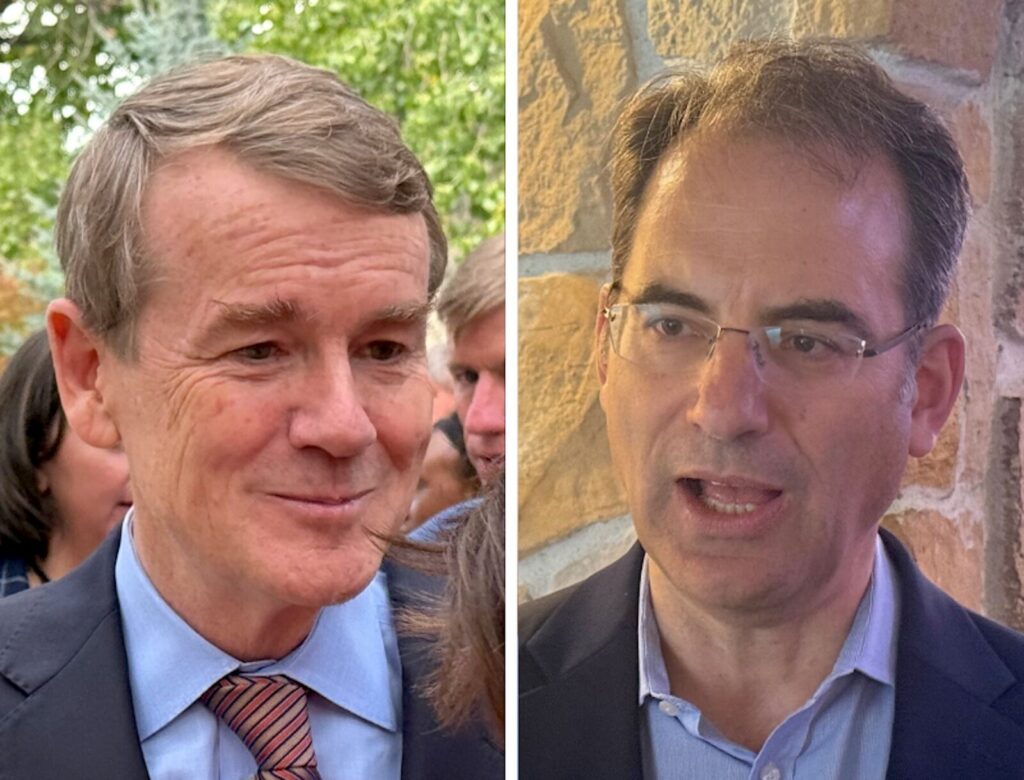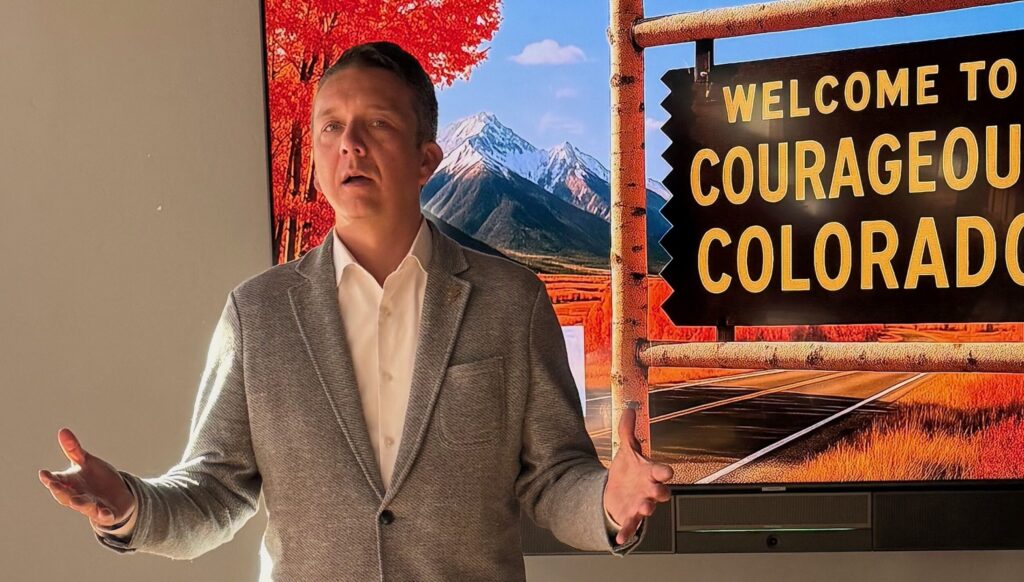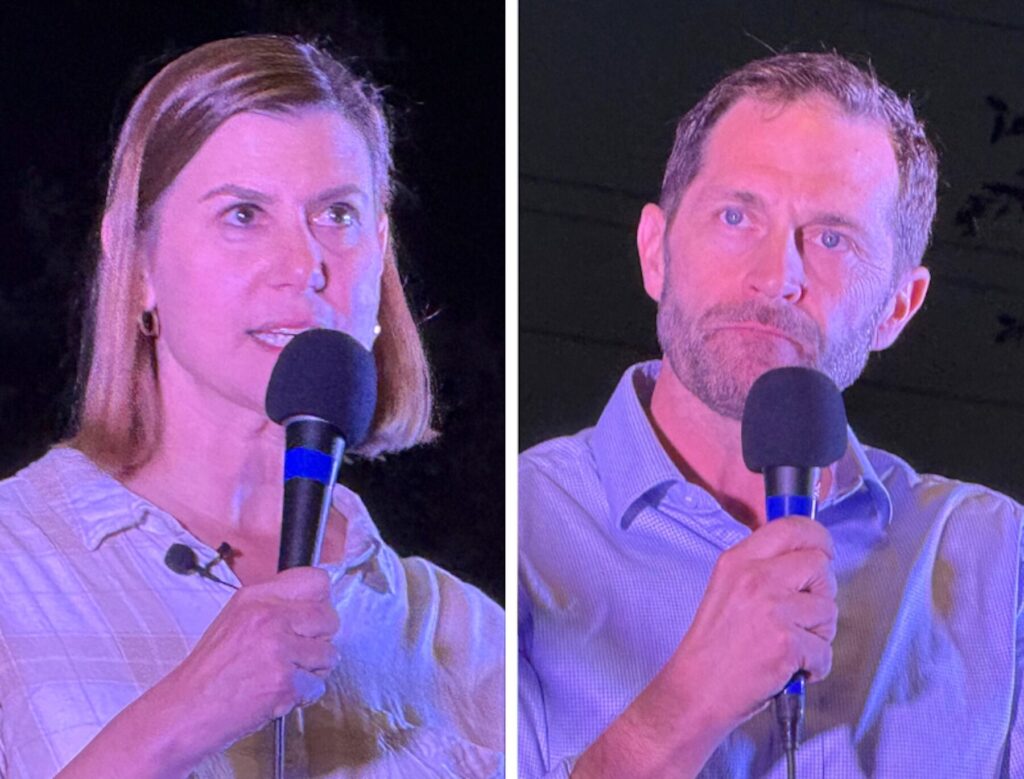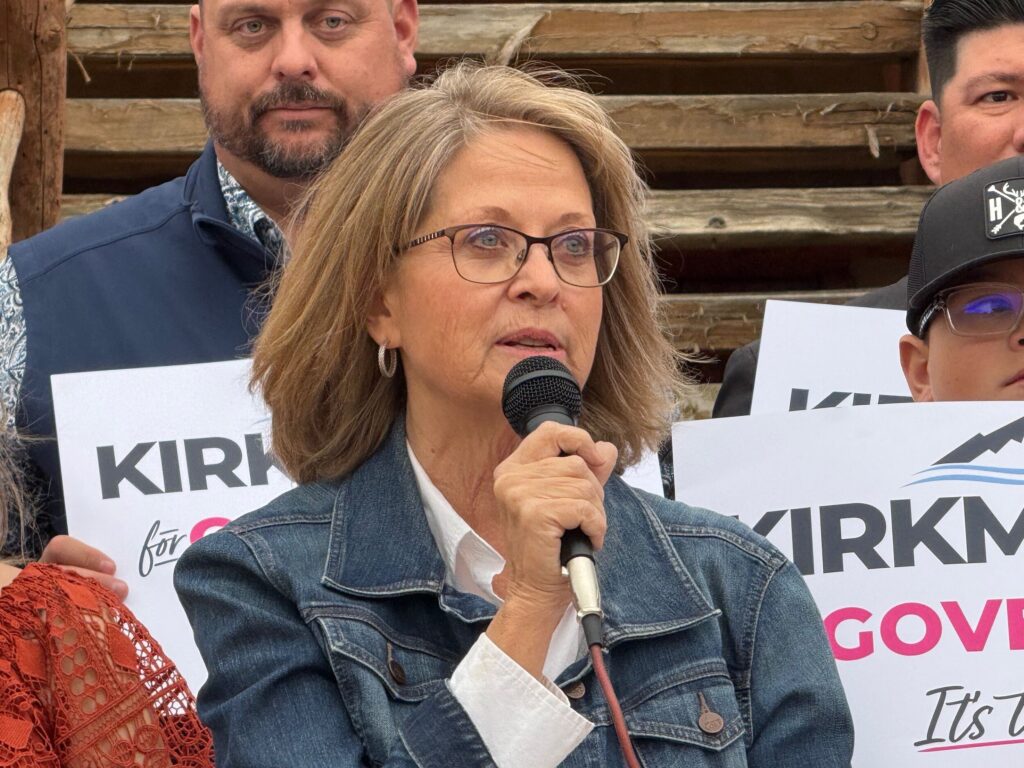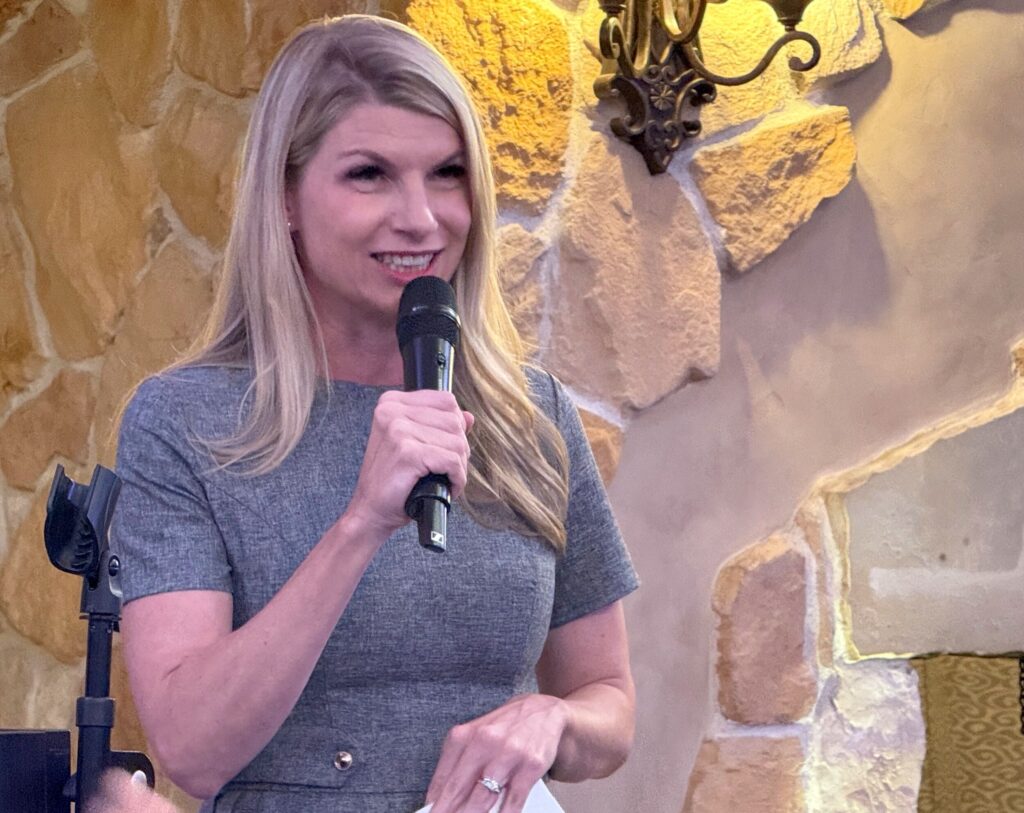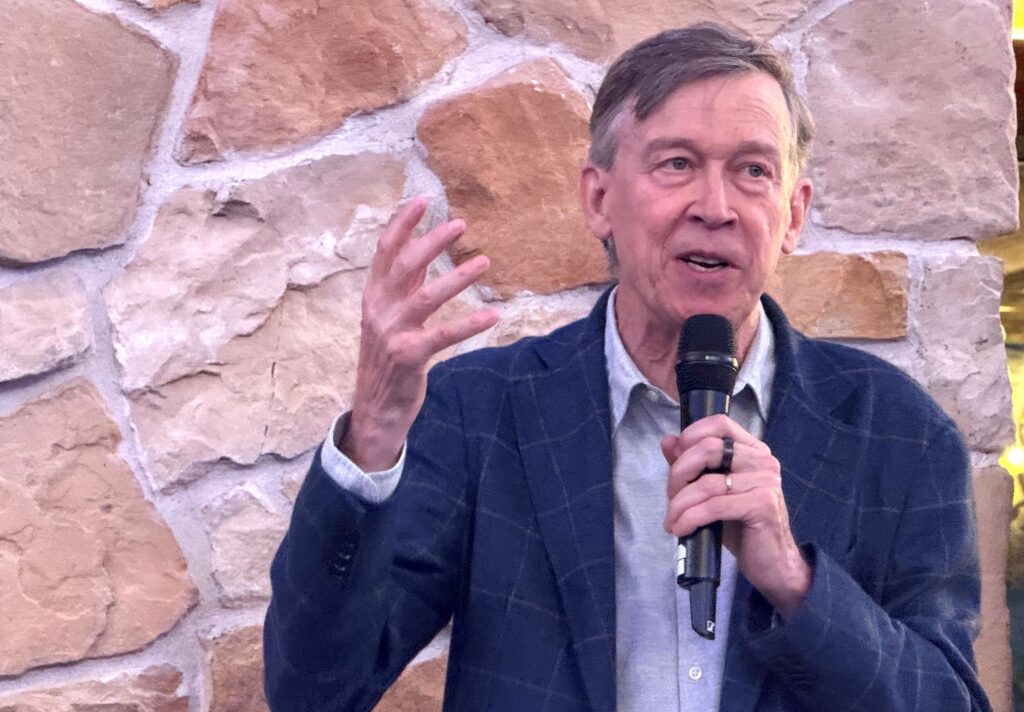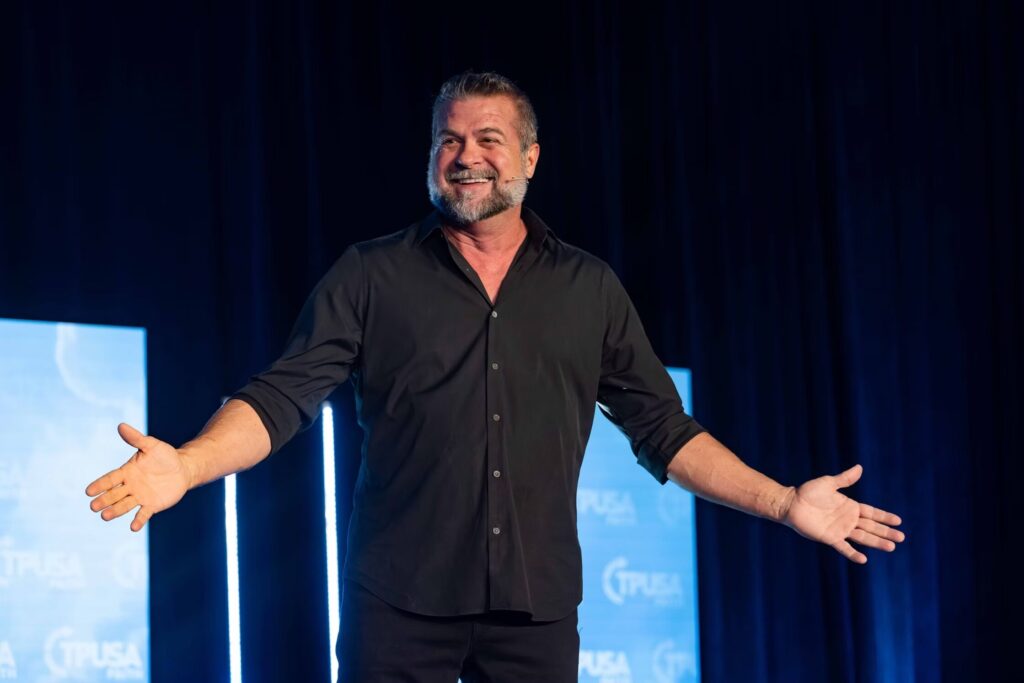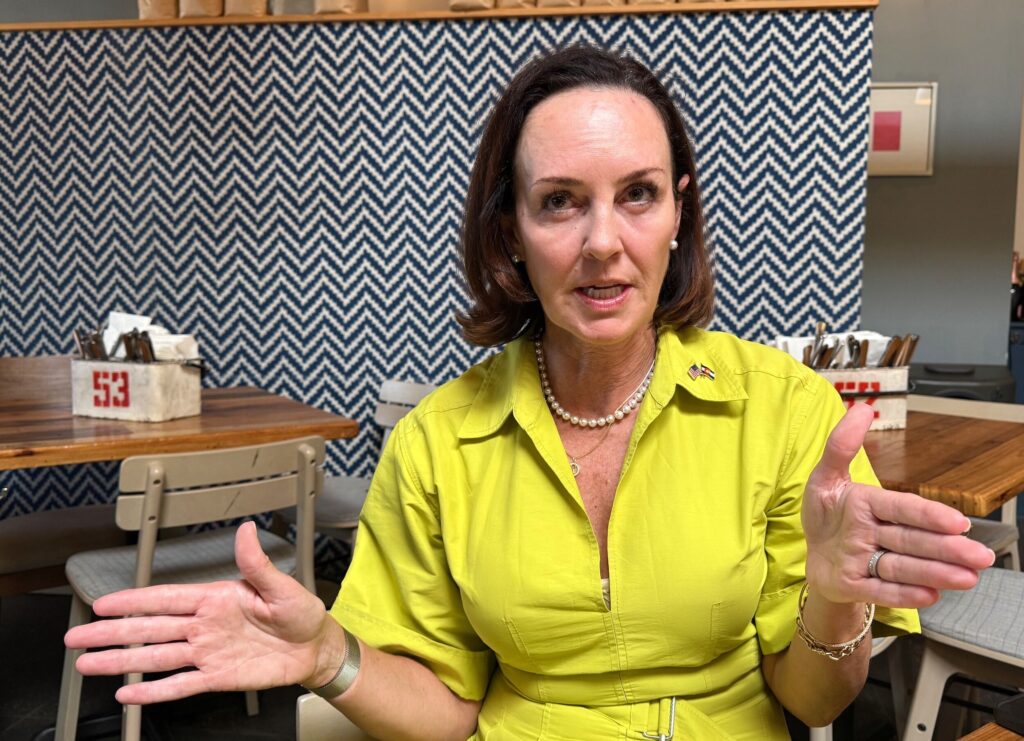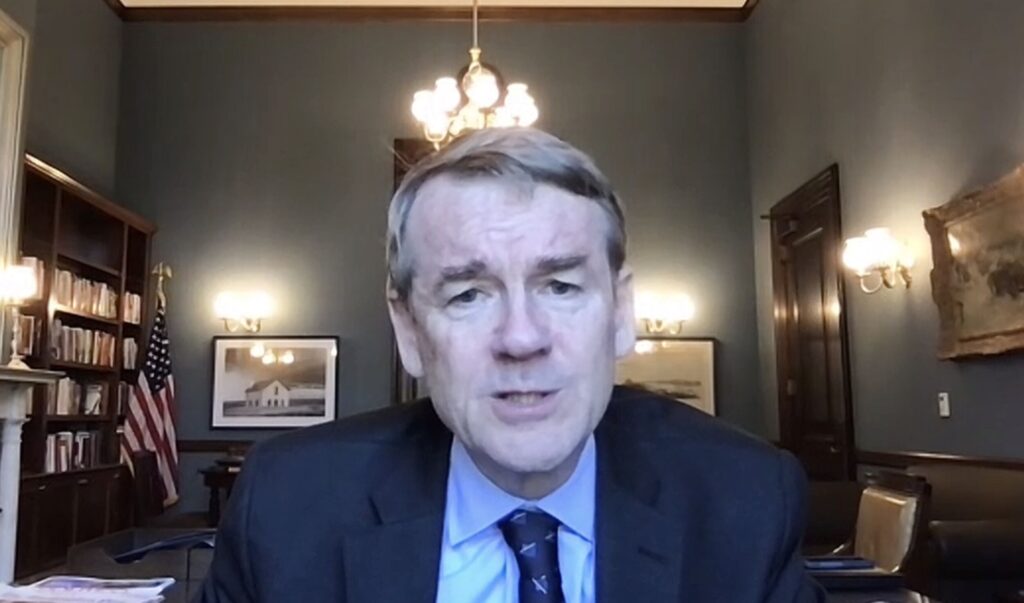Trump White House clarifies which programs are affected by pause to federal grant funding
The White House Office of Management and Budget circulated a new memo Tuesday afternoon clarifying which programs will be subject to the pause on federal grant funding President Donald Trump ordered Monday night.
Trump’s move ignited backlash Tuesday morning among Democrats and nonprofit organizations, as the administration did not provide guidance on which specific programs would be subject to the pause.
Furthermore, multiple states reported losing access to the online Medicaid portal despite Monday assurances by the Trump administration that Medicaid payments, along with individual disbursements to Medicare and Social Security beneficiaries, would not be paused.
White House press secretary Karoline Leavitt faced numerous questions on the subject during her Tuesday briefing, and OMB distributed a follow-up memo Tuesday afternoon listing exceptions to Trump’s directive.
“Any program that provides direct benefits to Americans is explicitly excluded from the pause and exempted from this review process. In addition to Social Security and Medicare, already explicitly excluded in the guidance, mandatory programs like Medicaid and SNAP will continue without pause,” the memo reads. “Funds for small businesses, farmers, Pell grants, Head Start, rental assistance, and other similar programs will not be paused.”
The memo also rejects the idea that Trump’s pause is “impoundment,” a presidential practice that allows the White House to circumvent Congress’s power of the purse that was effectively outlawed in the 1970s.
“Temporary pauses are a necessary part of program implementation that have been ordered by past presidents to ensure that programs are being executed and funds spent in accordance with a new president’s policies,” OMB wrote.
“This is not a blanket pause on federal assistance and grant programs from the Trump administration,” Leavitt added during her briefing. “I want to make that very clear to any Americans who are watching at home, who may be a little bit confused about some of the media reporting on this administration, if you are receiving individual assistance from the federal government, you will still continue to receive that. However, it is the responsibility of this president and this administration to be good stewards of taxpayer dollars. That is something that President Trump campaigned on.”
While the Trump Administration clarified which programs would be protected, other organizations, especially in the nonprofit sector remained concerned and alarmed.
In Colorado, Paul Lhevine, president and CEO of the Colorado Nonprofit Association said in a statement, “We are deeply alarmed by the Trump administration’s directive to pause all federal financial assistance, including grants to nonprofit organizations. Federal funding is critical for nonprofits to fulfill their missions—whether supporting senior citizens, addressing youth mental health, or improving food access. This pause jeopardizes their ability to serve communities effectively and must be reversed immediately.
“Beyond the crippling impact to our sector, the directive perpetuates a harmful narrative, suggesting nonprofits are responsible for the challenges our nation faces rather than being vital partners in addressing them. This rhetoric undermines trust in the nonprofits – many of which have been working to help solve societal issues for decades – and shifts blame away from systemic issues, which only worsens the problems we collectively aim to solve.
Lhevine said the most recent order comes on the heals of a slew of executive orders Trump put in place his first week in office. The orders targeted funding for nonprofits that support immigrant communities, LGBTQ+ individuals, environmental causes, DEI efforts, and arts and cultural initiatives.
“Together, these actions represent an unprecedented attack on the nonprofit sector,” Lhevine said. “The Colorado Nonprofit Association remains steadfast in our commitment to advocate for our sector and counter these harmful policies through collaboration and action.”
Thelma Grimes contributed to this report.


